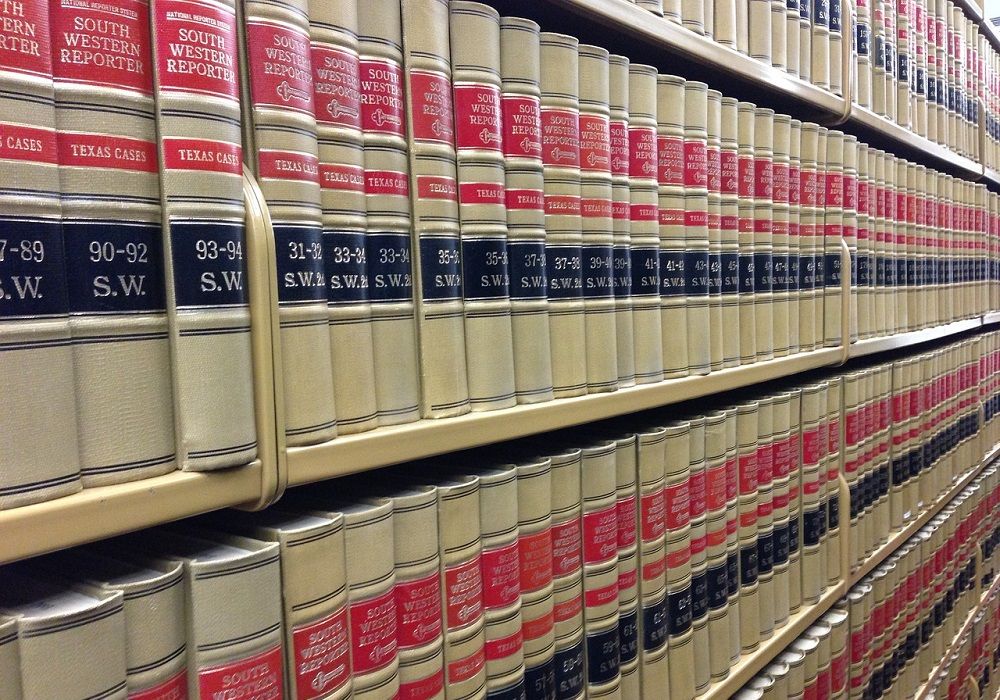Revision of the 2025 Canton of Lucerne Tax law
On 22 September 2024, voters in the canton of Lucerne will vote on the revision of the tax law. The package seems fundamentally balanced, as both poles are dissatisfied: For some, the tax cuts do not go far enough - for others, the wrong people benefit too much.
On 18 June 2023, the Swiss voters approved the global minimum tax for companies with a turnover of EUR 750 million or more. As a result, a national supplementary tax was now introduced on 1 January 2024. For the cantons of Central Switzerland, which charge less than 15 % tax for legal entities, this means new sources of income, even if only 75 % of this goes to the cantons. It is estimated that approximately 200 companies will be affected in Lucerne. In Zug, around 400 companies are expected to be affected, Schwyz 75, Nidwalden 50 and Obwalden and Uri 10 each.
There is a certain fear in the cantons that these larger companies could leave Central Switzerland if the tax advantage is removed. The cantons are challenged to introduce appropriate measures, and new ideas are needed. The canton of Zug plans to invest around CHF 200 million per year in targeted location measures. This will be based on three pillars: social measures, infrastructure and innovative projects as well as subsidies to companies for sustainability and innovation.
The canton of Lucerne is responding not only - but also for this reason - by amending its tax laws. With the canton of Lucerne budgeting a loss of CHF 21 million in 2023 and generating a profit of CHF 146 million in the end, and the latest projections predicting a profit of CHF 140 million in 2024 instead of a deficit of CHF 16 million, there is definitely room for this reform.
What are the main changes to the Lucerne tax law revision of 22 September 2024:
Special taxes on capital payouts from 2nd and 3rd pillar
Payouts from the 2nd pillar or pillar 3a are subject to a special tax that is subject to progression. Depending on the amount, the canton of Lucerne ranks 7th to 17th in terms of tax burden compared to the other cantons. The revision of the tax law foresees that the canton of Lucerne will reduce these taxes in two stages, firstly in 2025 and secondly in 2028. In 2028, the canton of Lucerne would then be ranked 2nd to 7th in terms of tax burden compared to the other cantons. Anyone planning capital payouts should consider waiting until 2025 before making them!
New social deductions
A new social deduction will significantly reduce the taxation of people with low income. Child deductions will also be simplified and the costs for childcare will be increased.
Capital taxes for legal entities
Capital taxes in Lucerne are high compared to other cantons. This is to be reduced in two stages from around 0.9‰ today to 0.01‰ by 2028. In proportionate terms, this is a large reduction. However, the main tax income for legal entities does not come from these capital taxes, but from taxes on profits. These will remain unchanged or be increased in line with the OECD minimum tax rate. In many cantons, capital taxes have been abolished or significantly reduced in recent years. In some cantons, taxes on capital are credited against taxes on profits. This reduction is appropriate in the current tax landscape.
Patent box and research and development deduction
The abolition of the holding company privilege in 2019 created new instruments to relieve companies. The canton of Lucerne had previously only allowed 10% of the relief for the patent box. Now 90% will be granted. Only a few companies will benefit from this deduction, which is complex to calculate, but it will make the canton of Lucerne a more attractive location for innovation, which is urgently needed.
The authority to determine the additional deduction for research and development costs will now be transferred to the cantonal government. The current plan is to leave this at 0%. Here, too, it would be interesting to adjust the rate and encourage investment in this area, given the attractiveness of the location.
We constantly monitor the development of tax legislation, particularly in Central Switzerland, and are curious to see how the cantons will develop over the next few years. This also enables us to guarantee forward-looking tax planning for our clients. If you would like more information or have specific questions, we will be happy to help you.

+41 41 226 30 56



